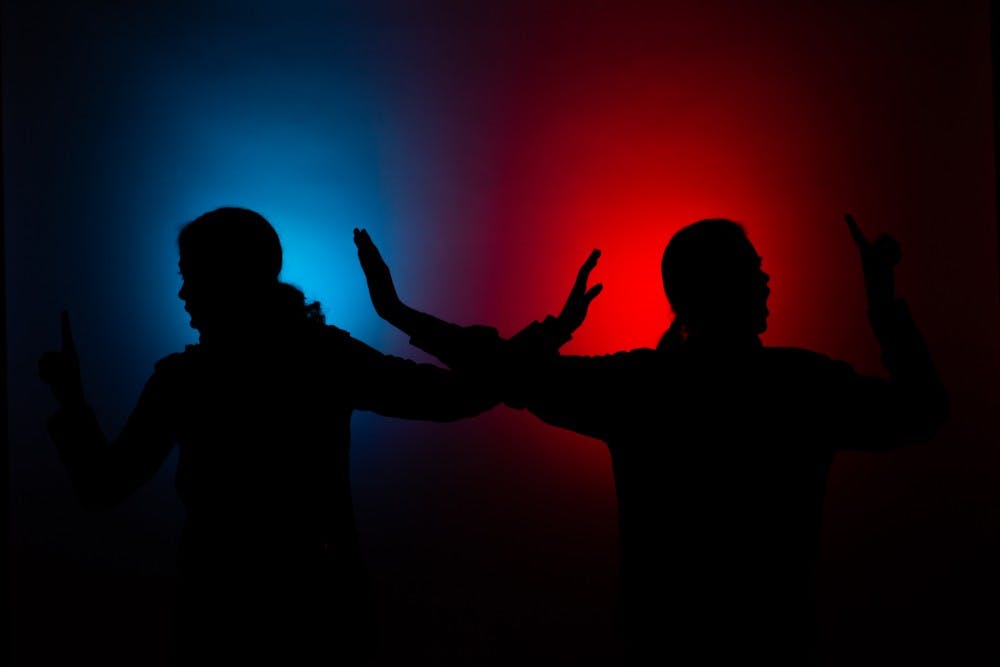A recently published report on free expression and constructive dialogue at UNC suggests that a significant portion of undergraduate students are self-censoring in class.
The report found that 27.7 percent of self-identified conservative students kept an opinion related to class to themselves two to five times — compared to 18.6 percent of self-identified moderate students and 12.7 percent of self-identified liberal students who did the same.
Political science professor Timothy Ryan, a co-author of the study, said it examines free expression in a new way, through data.
“There’s been a lot of commentary driven by episodes, driven by particular things that unfolded on a campus, a speaker who is disinvited, or a speaker who is interrupted, things of this nature — which just only tell you very little about what the typical experience is,” Ryan said.
Ryan conducted the research with professors Jennifer Larson of the English and Comparative Literature department and Mark McNeilly of the Kenan-Flagler Business School.
The study was two-fold, with a survey that all UNC undergraduates could participate in, as well as in-depth group interviews with members of three politically-active student organizations.
For the group interviews, the researchers contacted eight UNC student groups and three responded and participated in the study: one conservative and two liberal groups. These interviews were conducted in spring 2019.
The results from the survey and interviews resulted in 12 principal findings that are included in the report. The first finding described the statistics of ideologies on campus of the undergraduates who participated in the survey. According to the report, 30.8 percent of students feel they have become more liberal during their college years, 15.9 percent feel they have become more conservative and 47.8 percent feel their ideological leanings have not changed.
Ideology in the Classroom



